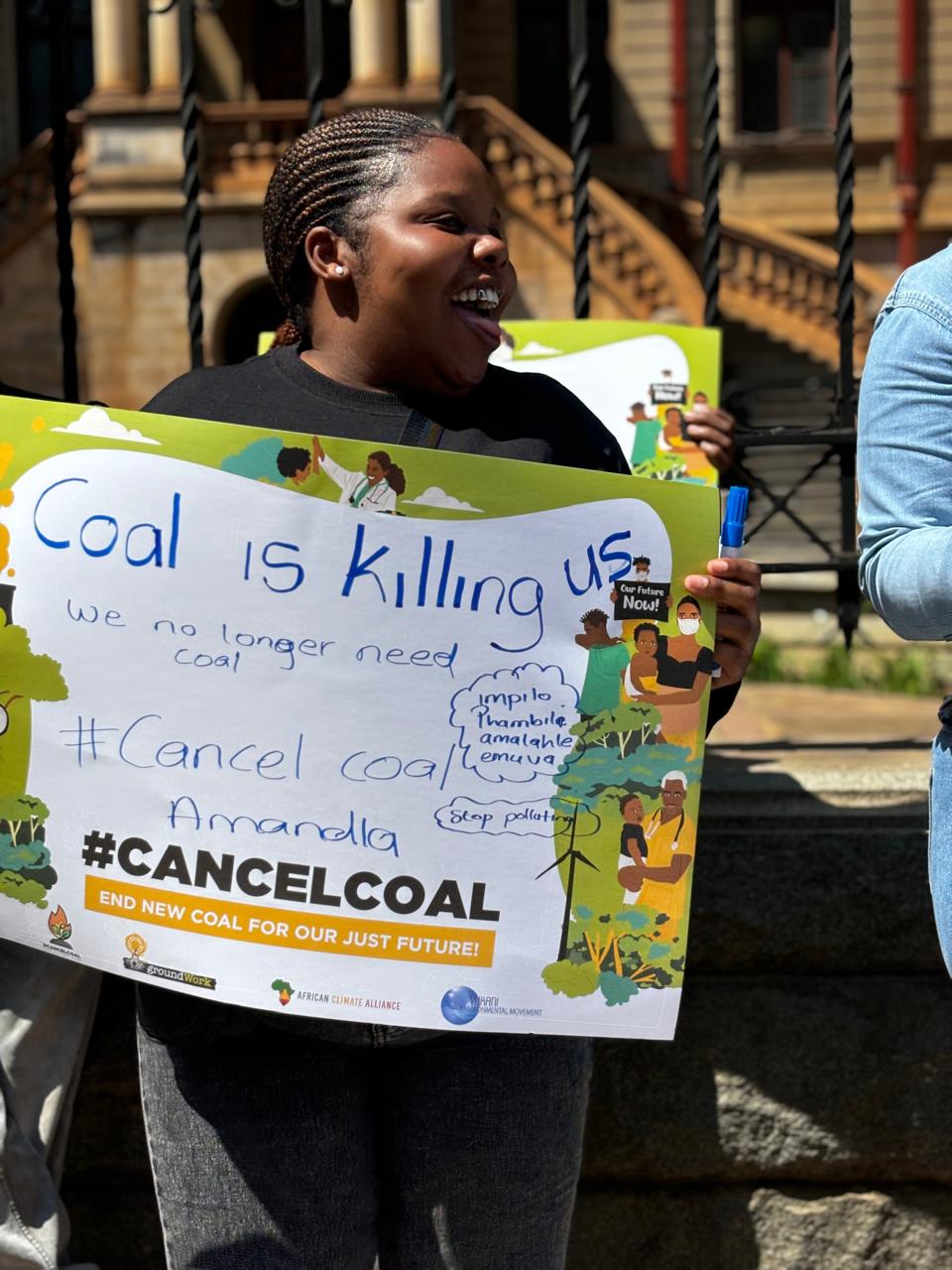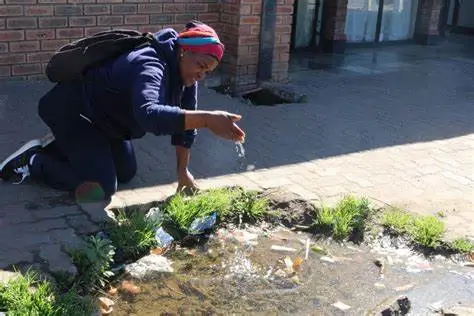OPINION: BY Omhle Ntshingila and Felix Quibe Omhle Ntshingila and Felix Quibe are based at the Right2Protest Project, Centre for Applied Legal Studies, Wits University – this post first appeared on GroundUp
IN SUMMARY – THE AUTHORS SAY THAT:
- Erosion of protest rights: The increasing use of interdicts, especially by mining companies, erodes the right to protest in South Africa.
- Types of interdicts are:
- Prohibitory: Stops someone from doing something.
- Mandatory: Compels someone to do something.
- Restitutionary: Orders return of property or restoring possession.
- Mining companies’ misuse of interdicts: Prohibitory interdicts are frequently used to stop dissent and prevent communities from protesting.
- Legitimate use of interdicts: Example from Hotz v. University of Cape Town where an interdict was issued due to legitimate concerns during the Shackville protest.
- Misuse by private actors: Increasingly, interdicts are used to intimidate communities and suppress protests against injustice, particularly by mining companies.
- Example in Bethanie: Community protests against Glencore Rhovan Mine resulted in violence and a prohibitory interdict issued against the protesters.
- Portrayal of communities: Interdicts often label communities as violent, despite the harmful activities of mining companies that violate the rights of marginalized communities.
- Judicial handling of interdicts: Courts frequently grant interdicts without considering protest rights or community engagement, often issuing them urgently and without proper analysis of socio-political context.
- Delayed notice to activists: Communities and activists often only learn of interdicts after they’ve been affirmed, without an opportunity to defend their case.
- Ongoing legal challenges: Civil society organizations like R2P and MACUA are challenging prohibitory interdicts across South Africa, particularly in mining areas.
- Example in Free State: MACUA and other groups have faced legal harassment from Harmony Gold Mine, which obtained an interdict against their protest in Nyakallong.
- Example in Limpopo: Bokoni Platinum Mine sought an interdict against a planned protest, discouraging further action even before the interdict was granted.
- Call to action: Urgent need for civic organizations, lawyers, and policymakers to demand a just approach to protests, ensuring communities can hold corporations accountable.
- Potential future risk: Without action, prohibitory interdicts could silence vulnerable communities, leaving the right to protest as a privilege for the wealthy.






